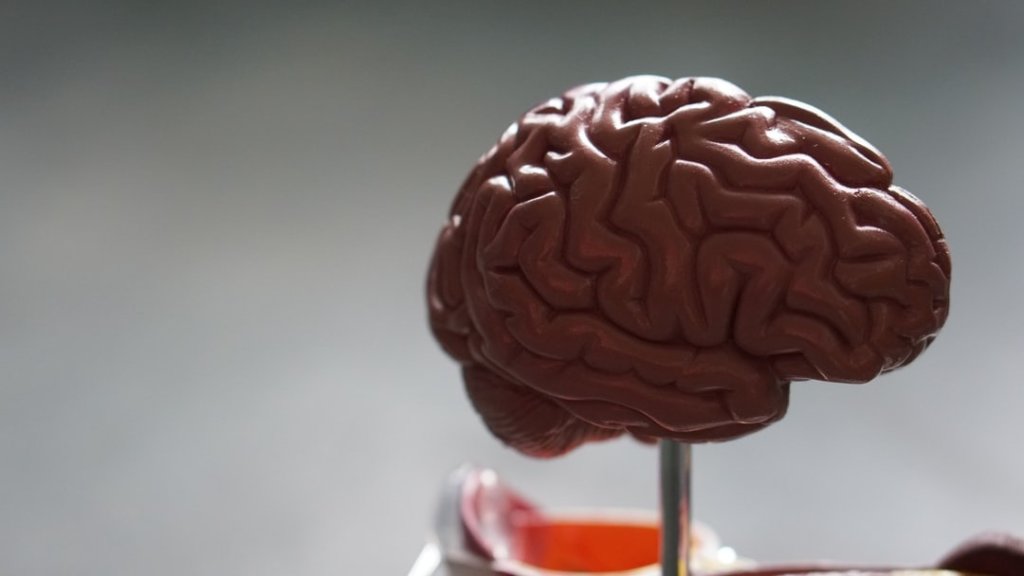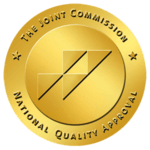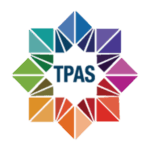Causes of Mental Health Disorders
Mental health disorders stem from a myriad of sources. For some, genetic components can lead to the development of mental health disorders. Having family members who have struggled with their own mental health struggles can impact one’s propensity for their own mental needs.
Traumatic experiences also commonly lead to various mental health disorders, with childhood trauma, sexual assault, physical, written, or verbal threats, illness, natural disasters, and more profoundly affecting an individual. For others, the use of addictive substances can alter one’s brain chemistry and birth mental health disorders.
Regardless of how mental health disorders manifest, professional help and support to navigate their challenges are crucial for creating an effective recovery plan.
Mental Health and Substance Use
Mental health disorders often beget the use of addictive substances. While drugs or alcohol may present a short-term relief from one’s thoughts, symptoms, or mental state, placating one’s mind from the effects of mental health disorders, their use often leads to even more complicated hurdles in one’s recovery journey.
The use of addictive substances also brings further feelings of anxiety, depression, shame, guilt, and much more, creating a cycle of use that can quickly develop into addiction.
“Co-occurring disorders” describes this cyclic nature and is a term used to describe any combination of mental health disorders and substance abuse. Whether you are struggling with anxiety and an addiction to alcohol or overcoming an addiction to opioids while battling the effects of bipolar disorder, co-occurring disorders demand a personalized, holistic approach.
We at Redpoint are committed not just to treating your unique symptoms but to creating a healing program for the whole self, addressing one’s needs and goals for addiction and mental health treatment in tandem for a transformed future. Whether mental health disorders affect your use of addictive substances or if addictive substances introduce feelings of depression, anxiety, and more, a personalized recovery program is available at Redpoint today.













